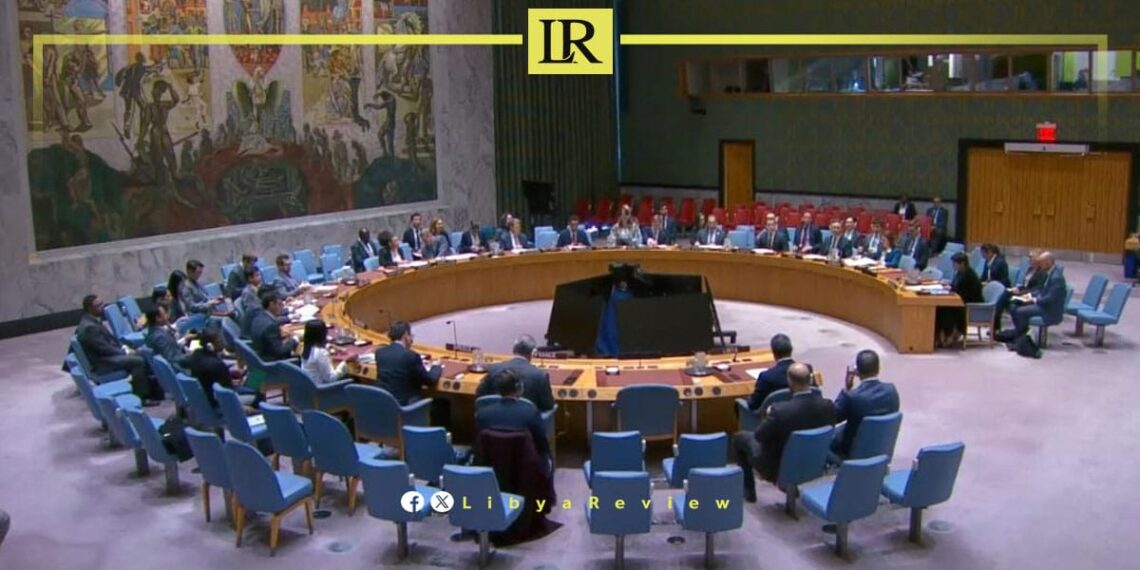During a session at the United Nations Security Council on Tuesday, several member states voiced their positions regarding the International Criminal Court’s (ICC) investigations and judicial proceedings in Libya.
The Chinese representative emphasised the importance of respecting Libya’s judicial sovereignty and maintaining the independence of national institutions. He called for close coordination with Libyan authorities while urging the international community to support the transitional process, uphold the ceasefire, and create a favourable environment for political settlement. “Libya’s ownership and sovereignty must be preserved, and external pressures avoided,” he said.
France, for its part, highlighted the need to listen to victims and ensure full cooperation with the ICC, including executing outstanding arrest warrants. The French delegate praised the recent arrest of Khaled Al-Hishri in Germany for alleged war crimes at Mitiga prison and stressed the importance of preventing any obstruction of the Court’s work.
The United States underscored accountability for those responsible for violations in Libya, noting that prosecutions could help curb armed group impunity. Washington also welcomed the arrest of former Libyan police chief Osama Najim, calling for his prosecution over human rights abuses. The US representative reaffirmed support for Libya’s path towards stability, security, and prosperity.
Algeria urged the ICC to pursue suspects involved in recruiting mercenaries and violating the arms embargo. Meanwhile, Russia criticised perceived double standards by the Court and attributed Libya’s civil war consequences to NATO interventions in 2011. The Russian envoy stressed that sustainable peace depends on supporting Libyan institutions, arguing that the ICC sometimes undermines local authority.
The ICC Deputy Prosecutor, Nuzhat Shamsim Khan, reported unprecedented achievements over the past six months, including investigations into war crimes and crimes against humanity committed in Mitiga prison and other detention centres. She confirmed ongoing efforts to trace fugitives, including Seif Suleiman Sneidel of Benghazi’s Special Forces.
Libya’s permanent representative to the UN, Taher Al-Sunni, reiterated the complementary role of the ICC, noting that national courts remain primary and that any ICC arrest warrants concerning Libyan citizens require cooperation with the Libyan judiciary. He highlighted 614 ongoing investigations into mass graves, issuing 255 judicial decisions and detaining 52 suspects.
The UK welcomed Libya’s increased cooperation and reiterated support for ICC independence, emphasising that accountability is essential for national stability.
The session concluded with calls from multiple member states for intensified coordination between the ICC, Libyan authorities, and the UN to ensure that justice is served and impunity prevented.


